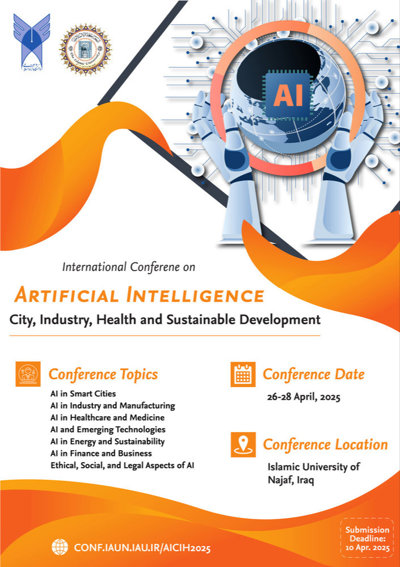0% Complete

نویسندگان :
کلمات کلیدی :
چکیده :
لیست مقالات بایگانی شده
سید امید رادی - مهرداد فارسی مدان
Marziyeh Tourani - Hadi Bahadori
Asghar Sabzevari - Majid Moazzami - Bahador Fani - Ghazanfar Shahgholian - Mahnaz Hashemi
Koosha Mardasi - Nasim Noorafza
Amirhossein Ghaemipour - Habib Rajabi Mashhadi - Seyed Hossein Mostafavi
فرشته صادقی - داوود ثمنی مقدم
Soheil Ebrahimian - Hossein Shahinzadeh - Hamed Nafisi - Mahtab Bagheri - Majid Moazzami - Zohreh Azani
محمدرضا فرقانی - شریفه السادات میرخلف - یعقوب صابری
Amin Aslanzadeh Moghanjooghi - Mahdi Mazloomi - Mohammad Asgari - Mohammad Sadegh Mehrabikia
Amirhossein Ghaemipour - Habib Rajabi Mashhadi - Seyed Hossein Mostafavi


